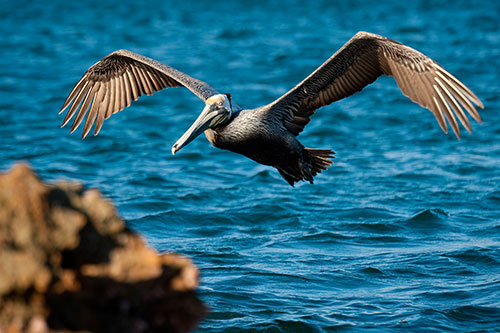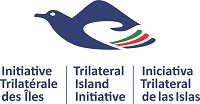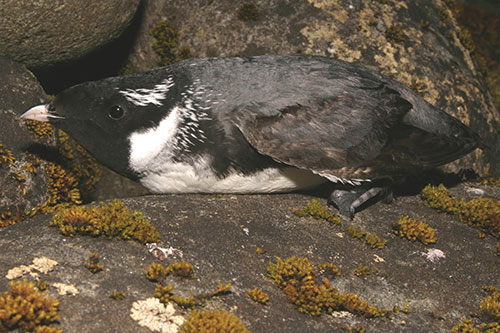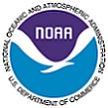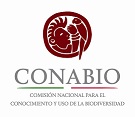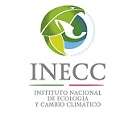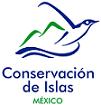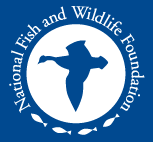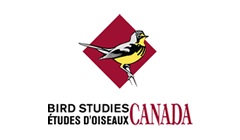Under the umbrella of the Trilateral Committee, the purpose of the Trilateral Island Initiative is to promote collaboration on the conservation and restoration of island ecosystems and their adjacent coastal and marine environments in North America. The Trilateral Island Initiative is focusing efforts on invasive species, biosecurity, restoration, local communities, and climate change. The Trilateral Island Initiative has the following goals: 1) Strengthen on-the-ground conservation and restoration of islands and their surrounding marine waters, 2) Improve coordination on island-related natural resource issues of mutual interest, 3) Strengthen institutional capacities, and 4) Improve efficiencies and increase success of island-related conservation projects.
For highlights of the Trilateral Island Initiative, please see the following Annual Reports:
L. Wein – Parks Canada, A. Aguirre – GECI, S. Milburn-Hopwood – CWS, G. Seutin – Parks Canada, J. Maksabedian de la Roquette-SEMARNAT, D. Ashe – USFWS, G. Howald – IC and A. Little – USFWS attend the 2014 Trilateral Committee Meeting – Letter of Intent Signing Ceremony. (Photo credit: Eduardo Inego-Elias)
A new agreement among México, Canada and the United States to protect fragile island ecosystems and its imperiled species was signed on May 28, 2014 by the Secretaría de Medio Ambiente y Recursos Naturales, Parks Canada Agency and the U.S. Fish and Wildlife Service at a ceremony in Querétaro, México. This agreement, endorsed under the scope of the Trilateral Committee for Wildlife and Ecosystem Conservation and Management, seeks to strengthen the ongoing collaboration between México, Canada and the United States on the conservation, restoration and sustainable use of islands. Activities under this agreement include sharing expertise, technology and lessons learned, building institutional capacity, and leveraging funding and support.
The Secretaría de Medio Ambiente y Recursos Naturales, the Parks Canada Agency, and the U.S. Fish and Wildlife Service are signatories to the document and will serve as lead agencies within their respective countries. Other federal agencies including Instituto Nacional de Ecología y Cambio Climático, Comisión Nacional para el Conocimiento y Uso de la Biodiversidad, Comisión Nacional de Áreas Naturales Protegidas, U.S. National Park Service, U.S. National Oceanic and Atmospheric Administration, and U.S. Bureau of Land Management will help advance the agreement.
The islands of North America are recognized for their exceptionally high levels of biodiversity. Unfortunately, biodiversity loss on islands occurs at an alarming rate with approximately 80 percent of known species extinctions having occurred on islands. Islands are vulnerable to threats such as climate change, invasive species, human disturbance, habitat loss, marine pollution and unsustainable practices.
For more information on this agreement, please select the following links.
For more information on this agreement, please select the following links.
The Letter of Intent in the Subject Matter of Conservation and Restoration of the Insular Ecosystems of the Mexico United States, United States of America and Canada
Carta de Intención en Materiá de Conservación y Restauración de los Ecosistemas Insulares de los Estados Unidos Mexícanos, de los Estados Unidos de América y de Canadá
FOR MORE INFORMATION PLEASE CONTACT
Canada: Patrick Nantel, Parks Canada
Mexico: Humberto Berlanga, The National Commission for Knowledge and Use of Biodiversity (CONABIO)
United States: Annie Little, U.S. Fish and Wildlife Service
